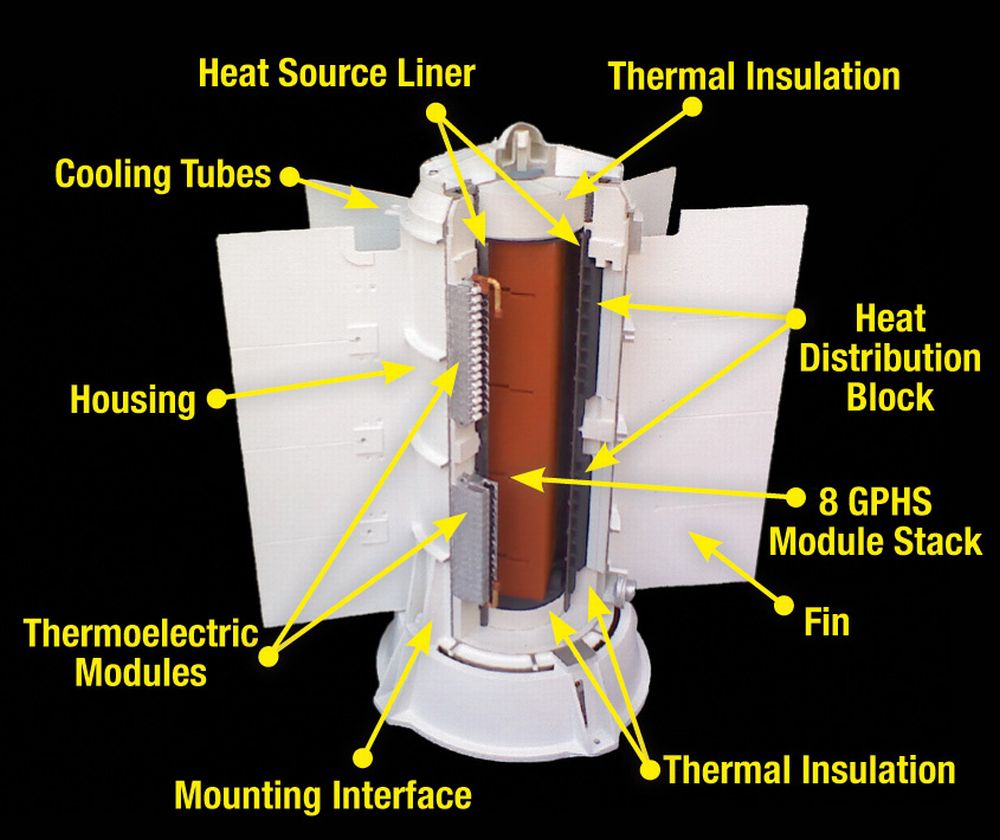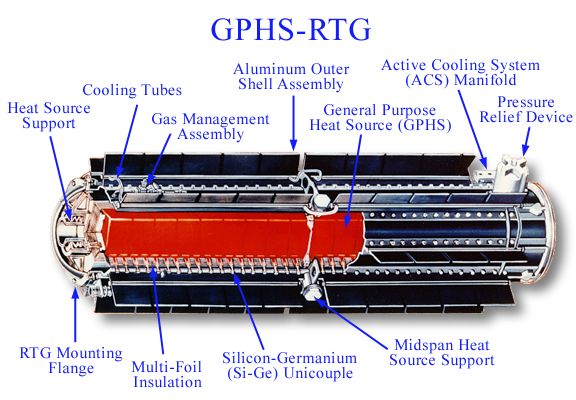Here is what they useANSWER: Use an RTG - a Radiosotope Thermoelectric Generator. They have been around for years. They are small enough to fit in your garage or basement, and generate significant power.
I have run across them in remote parts of Alaska, presumably for remote weather stations. The stationsstructures are about 5ft by 4 ft by 6 ft tall, and you can hear fans whirring inside and see the satellite antenna outside, all inside a chain-link fence with a warning sign. And not a power line in sight.
Here are some links to relevant information about them:
http://large.stanford.edu/courses/2013/ph241/jiang1/
It is also described in Wikipedia: https://en.wikipedia.org/wiki/Radioisotope_thermoelectric_generator
NASA also uses them in space probes, most notably Cassini. They design the GPHS hot cells to be able to survive reentry even if everything else burns. They are more the size of those square 6 Volt lantern batteries. The Plutonium is surrounded by solid ceramic.
They last for many years, and are perfect for space probes which get beyond the viable range of solar cells.
Here is an official NASA document that describes RTGs: http://saturn-archive.jpl.nasa.gov/files/power.pdf


